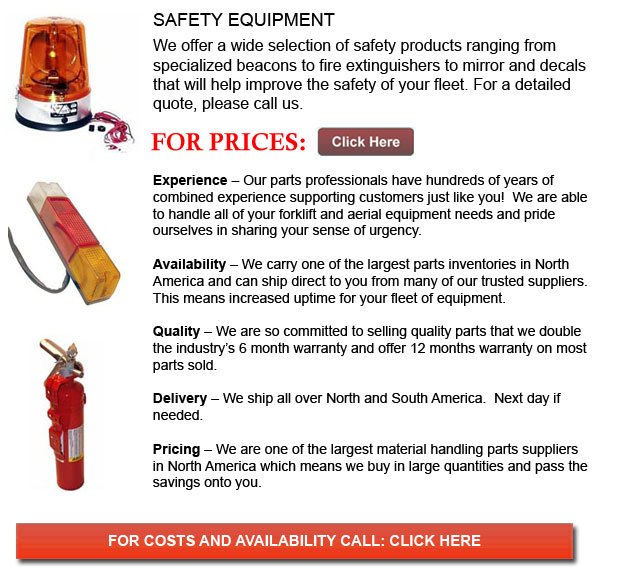
There are various industries and operations, for example manufacturing, warehousing and agricultural that use powered industrial trucks together with lift trucks or forklift trucks often inside the workplace. Lift trucks are utilized to lower or raise stuff or transport stuff that are stored on pallets or in containers to other locations inside the place of work. These industrial machines aid so as to enhance productivity at the jobsite by lessening the requirement for excessive physical handling of stuff by workers. According to the National Institute for Occupational Safety and Health, there are something like twenty thousand serious injuries every year in America and about 100 fatalities because of the result of forklift incidents.
Each different forklift or lift truck consists of various load capacities. Where a load is concerned, each unit will differ for specific maximum weight and forward center gravity. Injuries for workers usually happen from crushing incidents, collision with pedestrians, falls from the forklift or forklift overturn. Operator falls could happen as the employee descends or ascends into the driver cab or becomes ejected from the machine in the event of an incident or a collision. Lift trucks could overturn because of being overloaded, or having an unequal center or gravity of the cargo or traveling over an uneven surface which can cause the vehicle to topple over. It is vital for other co-workers to follow strict safety measures whenever working in close proximity with the lift truck. Without enough safety measures, pedestrian co-workers are at risk from accidents or collisions related with an unsafe load.
There are strict training and standards to be following with regards to lift truck training, maintenance and operation. One example, those in non-agricultural industries under the age of eighteen years are not permitted to work a lift truck. It is required that all forklift operators should have undergone both theoretical and practical training prior to commencing lift truck operation and they are even needed to take refresher courses.
The "American National Standard for Powered Industrial Trucks, ANSI B56.1-1969 are the standards that all powered industrial trucks must comply with. The particular OSHA standards that employees as well as employers should adhere to as stated in the General Industry Standards consist of 1910.178 "Powered industrial trucks", and standards for Marine Terminals 29 CFR 1917 Subpart C, "Cargo handling gear and equipment" and Long shoring 29 CFR 1918 Subpart G, "Cargo handling gear and equipment other than ship's gear.
There are various other regulations and directives that are important for employers to be aware of. The OSHA and NIOSH both comprehensively outline regulations or signpost employees and employers to all regulations which apply.
![]() Click to Download the pdf
Click to Download the pdf
Forklift Parts
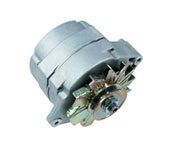
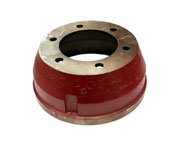
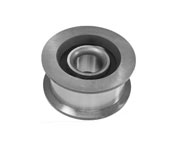
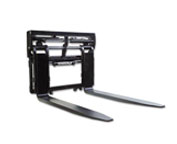
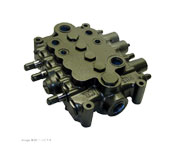
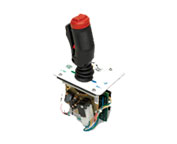
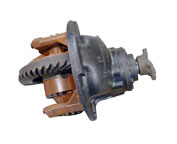
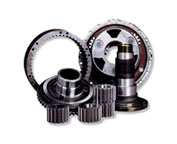
Lift Parts Express
TOLL FREE: 1-888-695-7994
Modesto, California
Email Us
About Us


